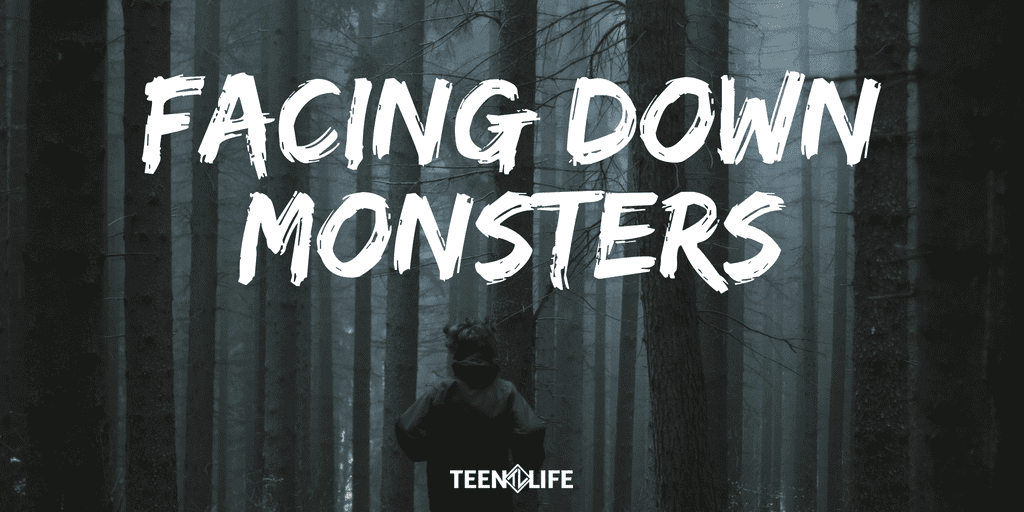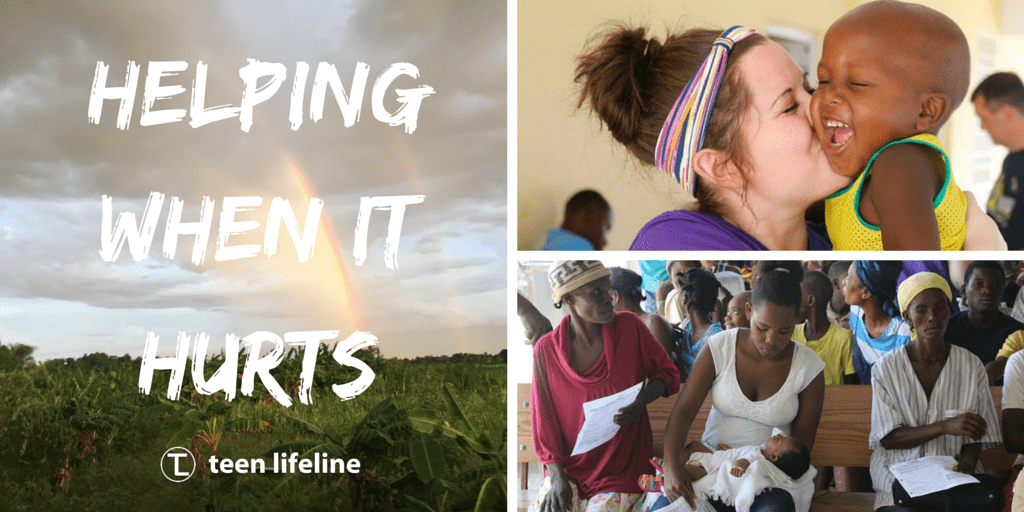
Facing Down Monsters
“‘Stories don’t always have happy endings.’
This stopped him. Because they didn’t, did they? That’s one thing the monster had definitely taught him. Stories were wild, wild animals and went off in directions you couldn’t expect.”
~ A Monster Calls, Patrick Ness
A Monster Calls is a book and movie that is beautiful and devastating all at once. It is about a 13-year-old boy, Connor, with a mother who is battling cancer. This story is told from Connor’s perspective when he begins to have nightmares about a ‘monster’ visiting him and telling him parable-like stories that make him reconsider all he has been taught. This story, while fictional, paints a perfect picture of what happens when trusted adults cause a negative effect in a serious situation faced by a teen.
We attempt to protect teens from pain.
The biggest issue within this story is that no one ever explains to Connor how serious his mother’s illness is, even after she is hospitalized. There are hints at multiple visits to the hospital, her hair loss, scenes of Connor doing chores and making meals, but no one ever tells him what is happening. Why is this? The adults are attempting to protect Connor by keeping him out of the loop. They are wanting him to continue to live his life as if nothing is changing. This is incredibly damaging because it just leaves him confused and worried without knowing why. The ‘monster’ that Connor begins to dream about, helps him to start understanding what is happening in a way that the adults refuse to.
In the story, Connor begins experiencing bullying and becomes angry. His actions are shouting out for help but the adults do not respond. This happens often with our teens. Adults are not always aware of the signs of an emotional disturbance. Very rarely do we ask the victim of bullying why they decided to fight back. Very rarely do we have an opportunity to genuinely ask what is happening at home. Very rarely do teens innately understand how to deal with serious situations on their own. Very rarely do teens have the words to ask for our help. These are situations in which we, as adults, should be asking questions to help teens process their actions and emotions in order for them to begin healing from stressful events.
We attempt to say the right things.
As the story is told, Connor’s father attempts to offer words to support him. I say the word ‘attempt’ because what is said hurts Connor in multiple ways. Connor’s father has a second family and lives in another country. When the father meets with Connor, he tells his 13-year-old son, to ‘be strong’. When I first read this part of the story, I was reminded of any time when I had been told this or something similar. These words, while sounding nice, would make me feel angry and hurt. These sentiments come from good intentions but end up causing more harm.
Telling a teen struggling with a ‘monster’ to “be strong”, “it will get better”, or “others have suffered more”, etc., creates a space where teens become more confused by what they are feeling. Teens who are experiencing a difficult time should not have to be strong. We cannot guarantee that things will be better. We should not compare suffering. There are ways to provide support without causing damage. We can do this by simply being there and allowing emotions to be felt in the moment. We can acknowledge that we do not know how a teen is feeling and state, “I am so sorry for what happened.” We can offer to do something specific that they enjoy doing and not make the situation about ourselves. These acts can do more to show support than any others.
We should attempt to face down the monsters together.
The positive side of A Monster Calls is when Connor finally understands that this world full of stories that rarely have black and white endings. He understands that the line between good and evil can be blurred, that not all the good guys get to win in the end, and sometimes the bad guys do win. He begins to understand that suffering is a part of his life story.
Teens already face an emotional upheaval almost on a daily basis thanks to the level of brain development that is taking place and an increase in hormones. The thing is, we are all emotional creatures; adults just hide it better. The world can seem overwhelming to a teen. This becomes especially true when that teen is facing a life changing event. When a teen is struggling to face down their monster, they should be given space to get angry, to cry, to be held. They do not know what they need, but we can be there to help them understand how to deal with the ‘monsters’ in their lives. We all have stories that do not have happy endings. We get angry, sad, mad, and there is nothing wrong with that. This is why teens need reassurances to feel what they need to feel because not every story ends happily but every story lived is important.
Here is a review from another professional about how this book has helped patients of all ages:


